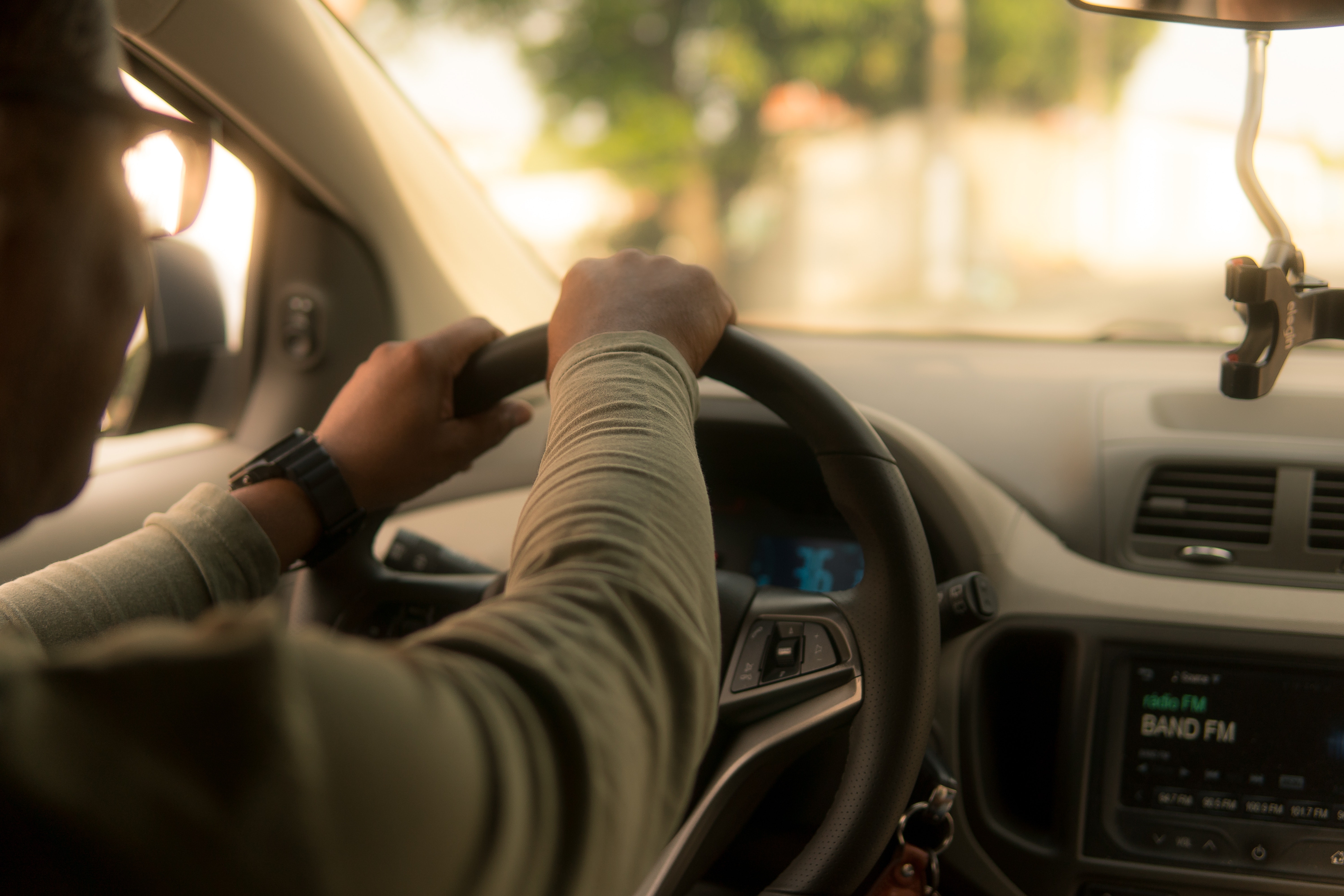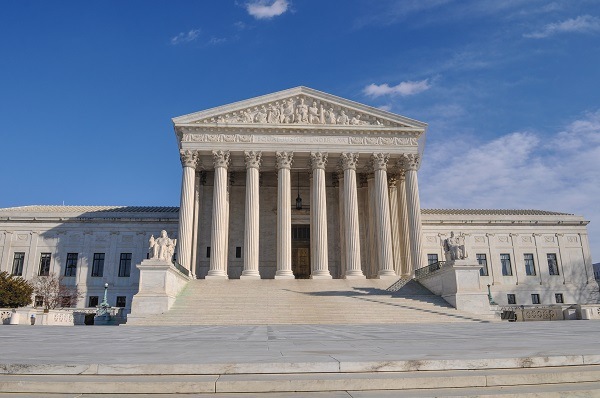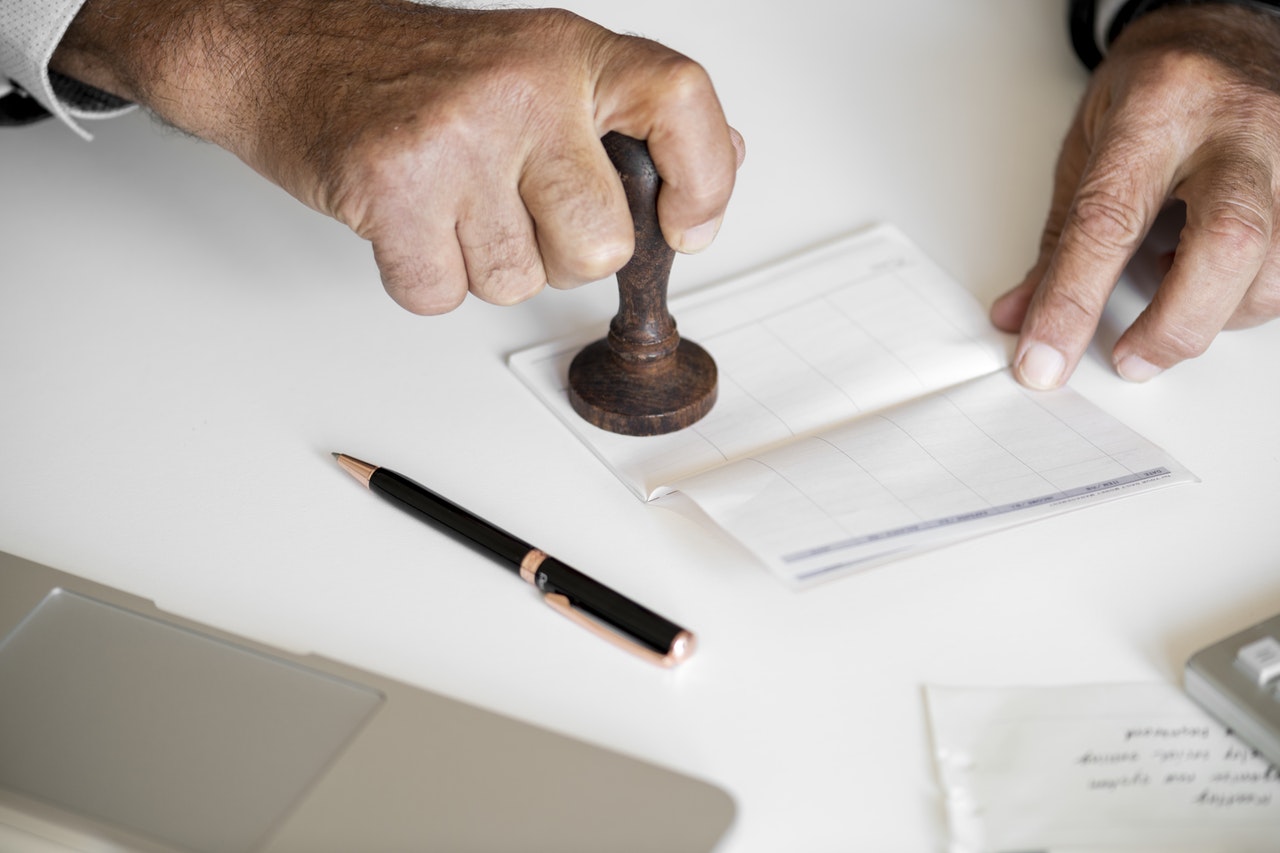On October 22, 2020, a California appeals court unanimously ruled that Uber and Lyft must comply with a preliminary injunction requiring them to stop incorrectly classifying their drivers as independent contractors in violation of state law. The appeal came after the trial court in People of the State of California v. Uber Technologies, et. al. granted the People’s preliminary judgement enjoining and restraining Uber and Lyft from classifying their drivers as independent contractors in violation of Labor Code section 2570.3. The trial court’s order can be reviewed in its entirety here.
The appeals court decision did not address who should win the underlying civil enforcement action but said the trial court “properly considered the harm shown by the record” in light of “its determination that the People showed a reasonable probability – indeed, an ‘overwhelming likelihood’ – of prevailing at trial.” The People’s original complaint was filed on May 5, 2020 and alleges that Uber and Lyft misclassified their drivers as independent contractors instead of employees in violation of A.B. 5, which passed earlier this year.
Uber and Lyft have approximately 60 days to ask the California Supreme Court to review the decision. Currently, Uber and Lyft have a temporary reprieve during the length of the entire appeals process. They will have 30 days once the case is sent back to the trial court to comply with the order.
Voters in the state of California will consider Proposition 22, a ballot initiative exempting Uber and Lyft from A.B. 5, in the November 2020 election. Any decision by the California Supreme Court to hear this appeal would not occur until after the election, so the passage of Prop 22 will effectively moot the outcome of the state’s lawsuit. The proposition’s passage would supersede the appeals court decision to classify Uber and Lyft drivers as employees. If the proposition fails, the fate of the classification of Uber and Lyft drivers will wholly depend on this lawsuit.


